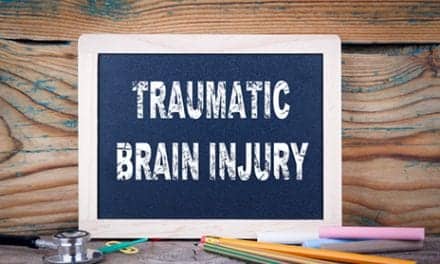Pediatric emergency medicine researchers and a neurotrauma injury research foundation have launched a set of comprehensive pediatric concussion guidelines. The new guidelines aim to provide healthcare professionals with evidence-based recommendations to standardize the diagnosis and management of concussion in children aged 5 to 18 years, including the initial assessment through the recovery period. The guidelines also strive to fill a need to standardize the reintegration into school and social activities, both of which are crucial to children and adolescents during their formative years, according to a Science Daily news report.
The pediatric guidelines were initiated by the Ontario Neurotrauma Foundation (ONF), managed by the Children’s Hospital of Eastern Ontario (CHEO), and developed by an expert panel including more than 30 members across Canada and the United States, according to a news release from the Children’s Hospital of Eastern Ontario Research Institute. The project team included representation from a variety of pediatric health disciplines, such as rehabilitation professionals, neurologists, and emergency medicine. The comprehensive set of pediatric concussion guidelines included a review of more than 4,000 academic papers and numerous meetings, which took more than 2 years.
The guidelines include a number of tools and well-defined instructions for all levels of user. For example, the guidelines provide a pocket tool to be used by a coach or parent at the sideline to recognize concussion and offer advice about when to remove children from play, as well as when to seek emergency medical attention.
Roger Zemek, MD, scientist and project leader, says, “There have been recommendations and policies on concussion available in the past, but they tend to have focused on sports-related injury and not on children and youth.”
Zemek adds, “We’ve developed a reliable resource that is valuable for everyone affected by pediatric concussion: from children and their families, to health care providers, and to schools and recreational organizations. This is so important because children get more concussions than adults do, with increased risk because their brains are still developing.”
Rebekah Mannix, MD, MPH, assistant professor of pediatrics, Boston Children’s Hospital, Harvard Medical School, says, “These guidelines are exceedingly clear and comprehensive. I think this will be an indispensable resource for caregivers in a wide range of care settings, and also be accessible for the general public.”
[Sources: Children’s Hospital of Eastern Ontario, Science Daily]





